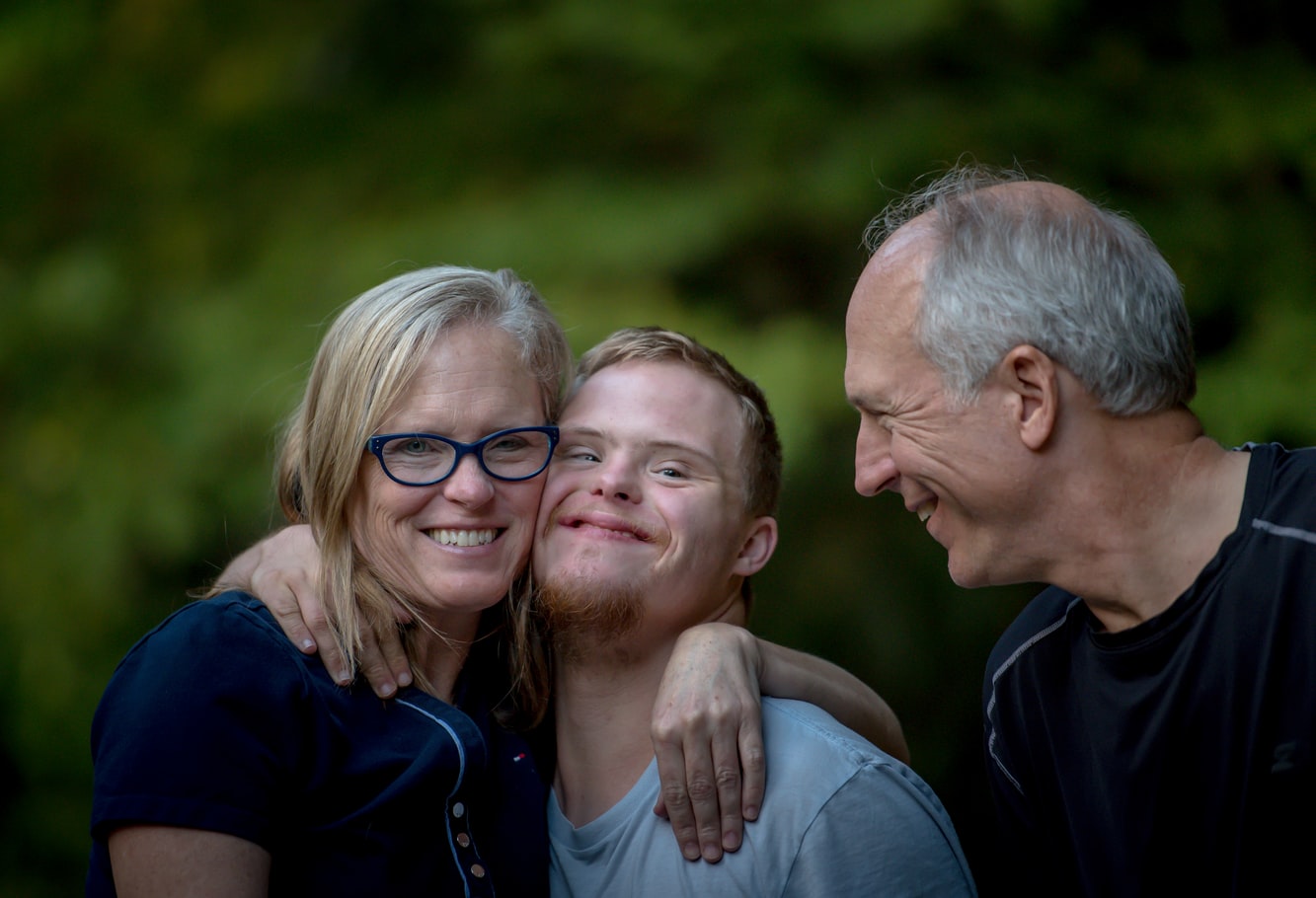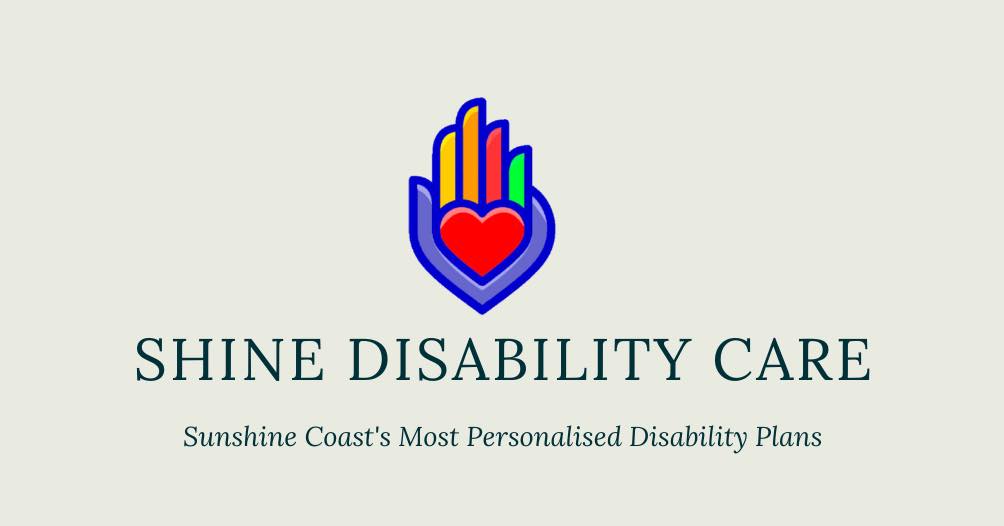As we complete the year of 2021, it is a good chance to reflect upon the year that was and think about the coming year. 2021 has repeatedly shown the power of a community that can stand together embracing diversity and change.
In July 2021, Advocates warned people with disability will die or end up in intensive care after it was revealed an unvaccinated resident of another disability care home had caught COVID-19. Figures from late June revealed only 5,000 Australians in disability care – fewer than one in five people – were fully vaccinated against COVID-19. Eighteen per cent of the Australian population – an estimated 4.4 million people – have disability.
While Australia’s governments share the age, gender and vaccination status of people who have died of COVID, they’re not in the practice of sharing whether people who have died had disability.
COVID-19 Government Statistics “Australia has abysmal rates of vaccinations of people with disability and it’s time the nation turned this around by finishing the job on the phase 1a and 1b vaccine rollouts to the disability community.”
Ten people in Australia have died with COVID-19 in New South Wales during the latest outbreak of the Delta variant, with one of these people having no pre-existing conditions.
Also in July, the Government was forced to abandon its controversial plan to introduce independent assessments to the national disability insurance scheme after it was rejected by state and territory ministers.
The Coalition had wanted to force 450,000 NDIS participants and new applicants to undergo an interview with a government-contracted allied health professional – rather than submitting reports from their own treating specialists and doctors.
Independent assessments were proposed to address what the government said were increasingly inconsistent decisions about package sizes and eligibility, but the disability community viewed them as a cost-cutting measure. Guardian Australia revealed in April that secret government documents showed the assessments would reduce package sizes for participants on average.
The government later changed tack, saying the assessments were needed to address what it claimed was the scheme’s unsustainable growth trajectory.
The assessments were part of a broader overhaul of the scheme, which the government hoped would include a change to the “reasonable and necessary” test which determines what support a person can receive and a specific ban of certain goods and services considered “ordinary living expenses”.
The disability community says trust in the federal government has been “destroyed” by scrapped controversial plans for independent assessments for participants of the National Disability Insurance Scheme.
Concerns had been raised about a lack of genuine government consultation and transparency, the ‘one-size-fits-all’ model being culturally inappropriate, and the reforms undermining the principles of choice and control that the NDIS was built on.
Between July and November 2021 the AAT received 2,503 NDIS appeals, compared with 590 for the same five-month period in 2020.
This represents a 324% increase and means there have been more appeals lodged in the first five months of this financial year than all of 2020-21 (2,091 appeals). In the past year, most NDIS Participants have had their funding packages drastically cut, some package have been reduced to the point where carers have been forced to give up their job to care for their family member, or participants who require 24 hour nursing care have been forced to move from their own homes to nursing homes, or are “living” in hospitals.
Disability advocates – who are funded to help people challenge NDIA decisions – have reported a deluge of requests for help from “terrified” NDIS participants.
While people with disabilities are attending their NDIS appeals without any legal representation, the NDIA uses up to three lawyers to represent it in one tribunal hearing. he low number of people with disabilities with legal representation for their NDIS appeals comes as it was revealed in Senate Estimates last week that the NDIA spent $13.4 million in AAT legal fees in 2019-20 and was frequently represented by Minter Ellison, an Australian top-tier law firm.
Without settlement offers from the NDIA’s lawyers, people with disabilities can go several months without funding for services they need. Concerns have been raised with the lack of transparency around out of tribunal settlement cases. Disability legal advocates have requested the NDIA publish de-identified accounts of tribunal settlements to promote transparency.
It’s time for a commitment to inclusive policy making and processes that put people with disabilities at the heart of the conversation, to ensure equal access to disability services for all Australians.
As well as giving people with disabilities a seat at the table to inform decision-making processes, it is necessary we rethink how we care for our communities and put efforts toward significant reforms to the NDIS.
The disability community deserves a commitment from the government to live up to their promises and build a system that enables equal access to disability services for all Australians.
Let’s hope that 2022 will be a far better year for the disability sector than 2021, otherwise I hold grave fears for the future of all Australians with Disabilities.










